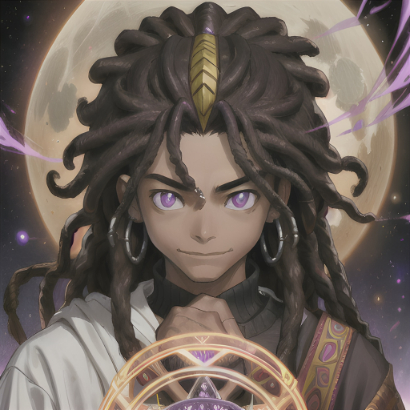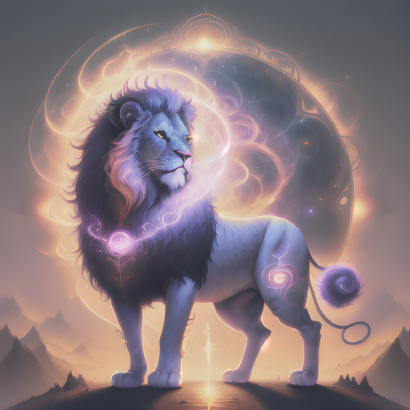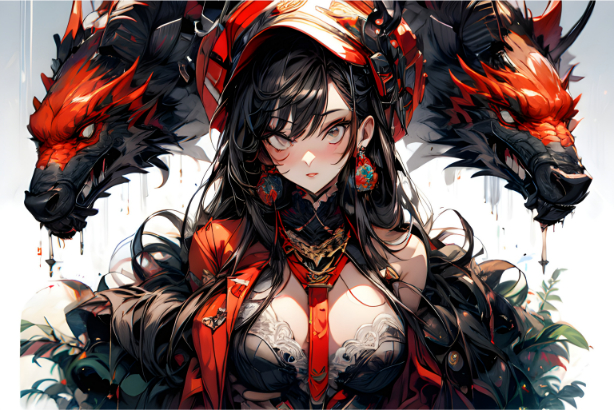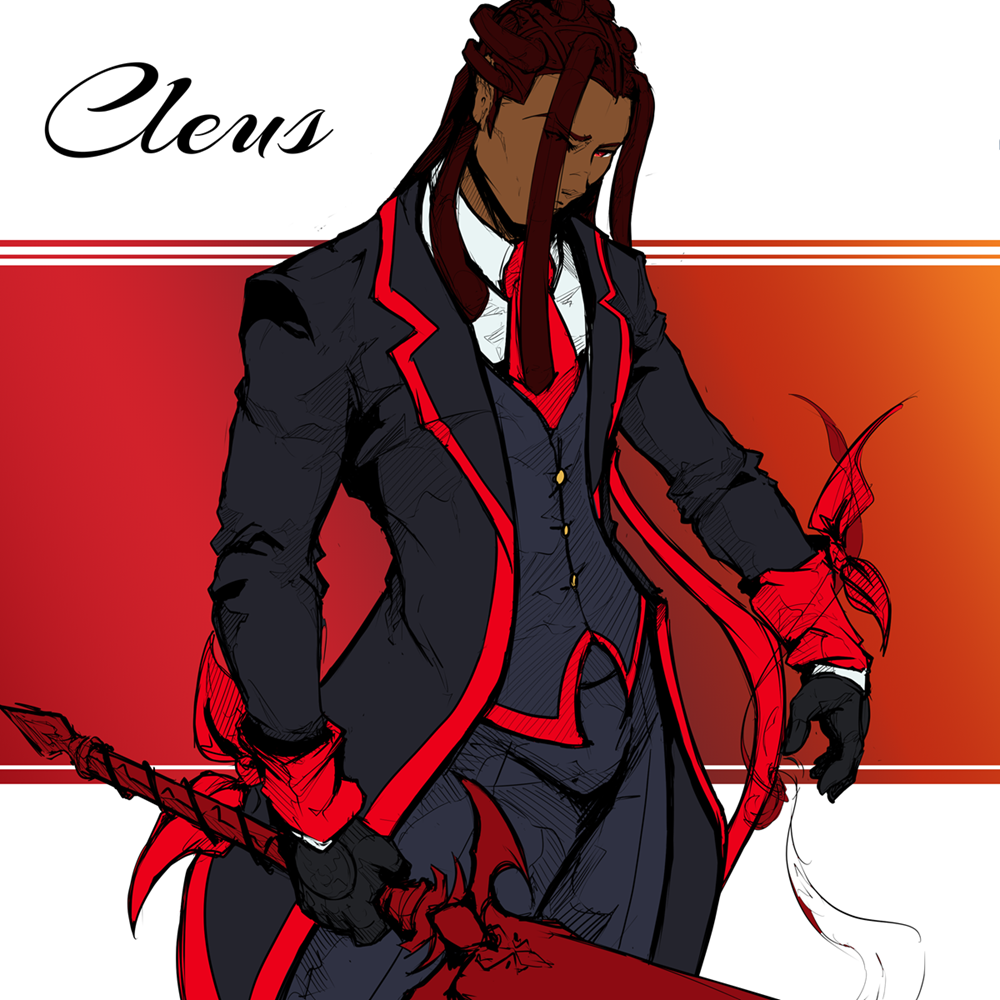Introduction: Welcome, dear readers, to a profound exploration of the human experience through the art of spoken word poetry. In today’s blog post, we delve into the depths of self-loathing and hatred, as conveyed in the powerful and evocative piece titled “I Hate Myself.” Poetry has always been a mirror reflecting the myriad emotions that define our existence, and this spoken word performance offers a raw and honest perspective on the turbulent seas of self-reflection.
Body:
- The Power of Spoken Word Poetry: Spoken word poetry, with its rhythmic cadence and poignant delivery, possesses a unique ability to cut through the noise and bare the soul. It serves as a vehicle for self-expression, allowing artists to lay bare their innermost thoughts and emotions. “I Hate Myself” is a stark example of this art form’s potential to unravel the complexities of the human psyche.
- Navigating the Depths of Self-Loathing: The poem in question takes us on a journey through the tumultuous landscape of self-loathing. It vividly paints the emotions that accompany such a struggle, giving voice to the internal dialogue of pain, frustration, and despair. The choice of spoken word adds an extra layer of intensity, making the experience all the more visceral.
- The Soundtrack of Hatred: Imagine the words of a poem dripping with self-loathing, each syllable carrying the weight of resentment. The rhythm, the tone, and the pauses – all meticulously crafted to convey the depths of despair. “I Hate Myself” is not just a poem; it’s an auditory experience that immerses the listener in the very essence of the artist’s emotions.
- The Cathartic Release: While the subject matter may be heavy, it’s important to recognize the cathartic nature of this poetic expression. By confronting and articulating feelings of self-hatred, the artist invites listeners to share in their vulnerability, fostering connection and understanding. The act of expressing such raw emotions can be a transformative experience for both the poet and the audience.
Conclusion:
“I Hate Myself” is not merely a spoken word poem; it’s a testament to the power of art to illuminate the darkest corners of our minds. In facing the shadows of self-loathing, the artist invites us to reflect on our own struggles and to empathize with the shared human experience. As we navigate the currents of this powerful spoken word performance, let us recognize the strength it takes to confront our inner demons and transform pain into art.
Feel free to share your thoughts on this captivating spoken word piece and how it resonates with your own experiences. Together, let us celebrate the transformative power of poetry in its ability to bridge the gap between self-expression and communal understanding.












